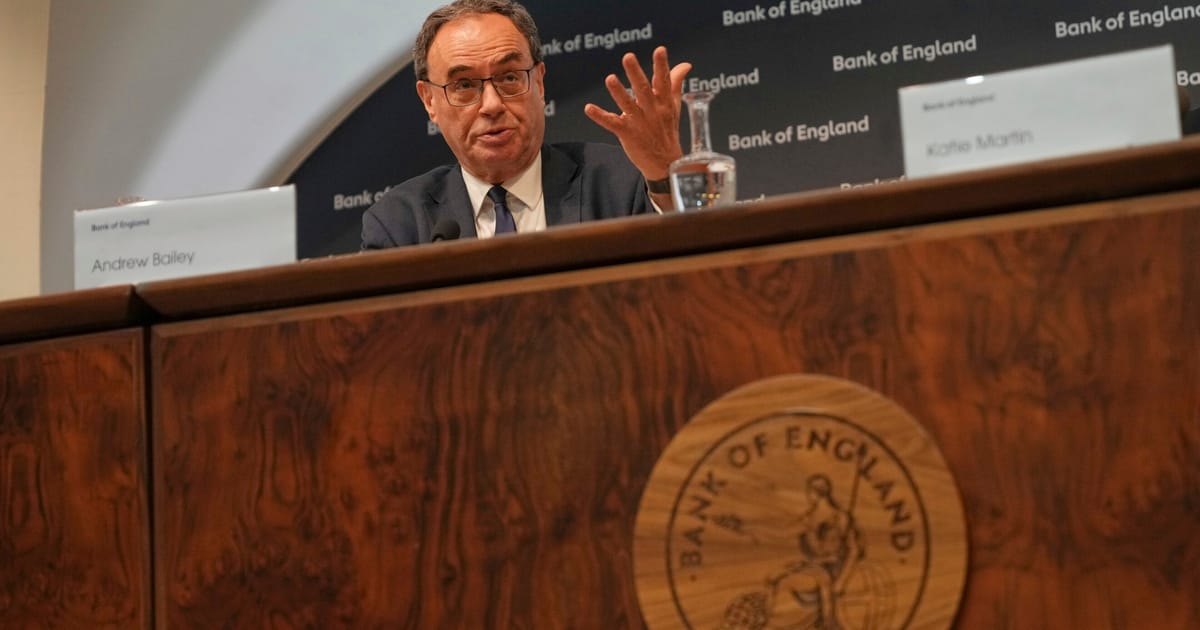That’s in stark contrast to the U.S., which passed its own stablecoin regulation — the GENIUS act — earlier this year, which is much more industry-friendly. Donald Trump, whose family is building its own crypto empire, has described stablecoins as “perhaps the greatest revolution in financial technology since the birth of the Internet itself.”
That’s put post-Brexit Britain in a bind: align with the EU, the U.S., or go it alone?
“The U.K. is a bit caught,” a former Bank of England official who now works in digital assets said. They were granted anonymity, like others in this article, to speak freely. “It doesn’t have the luxury of completely creating a bespoke regime. It can do, but essentially, no one’s going to care.”
American push
For a Labour government intent on deregulating for growth, aligning with the U.S. was immediately a more attractive proposition.
Warnings came from the City of London, Britain’s financial powerhouse, that the government would need to embrace crypto and stablecoin for the U.K. to become a global player. Domestic financial services firms wrote to the government calling for it to align its regime with the U.S., talking up “once-in-a-generation opportunity” to establish the future rules for digital assets.
“Securities are getting tokenized,” said one former Treasury official, now working in the private sector. “Bank deposits are getting tokenized. If we don’t build a regime that is permissive enough [to make the U.K. attractive], then the City’s relevance will diminish as a consequence.”

